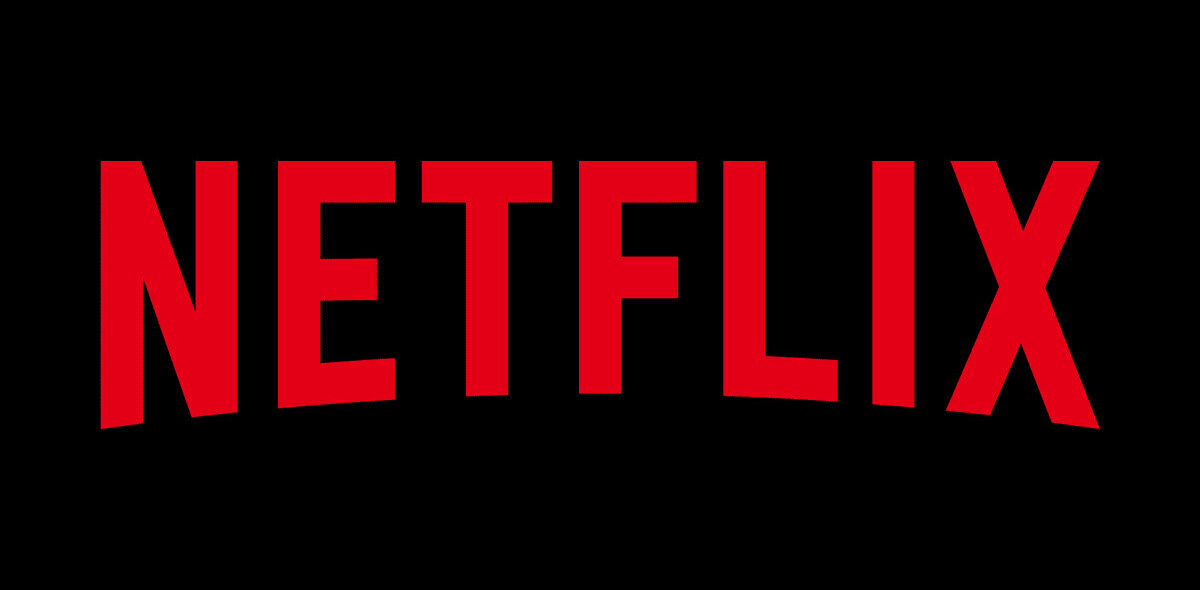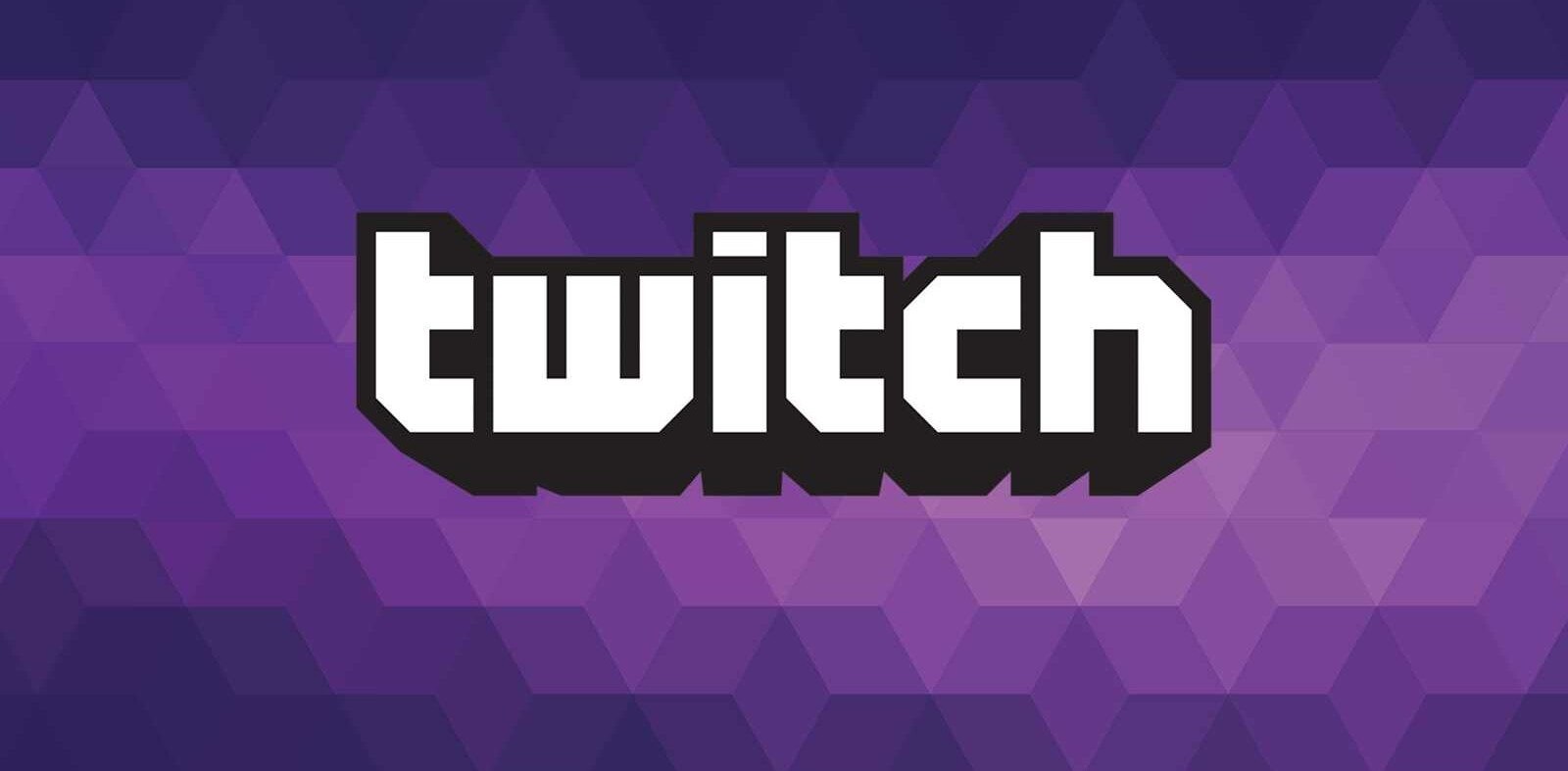
This week has been a busy one in the media world, which gathered in London for the Guardian Changing Media Summit. We were there too, and collected interesting insight from the event. Find out all about it and more in our weekly roundup:
News and online content: an ongoing shift
The Guardian couldn’t have picked a better name for its event; the media universe is undoubtedly changing, and new figures released this week confirm this shift.

This is especially true for movies; Americans now watch more online movies than DVDs, CNN revealed, quoting a study from the research firm IHS Suppli. It obviously reflects the growth of online content platforms such as Netflix, and confirms the overall popularity of streaming.
As a matter of fact, Netflix’s British competitor LoveFilm has announced a few days ago that its online streaming offer is now more popular than its DVD rental service. In this context, reports that Google may be in talks with film studios to sell movies on Google Play don’t come as a surprise.
Movies aside, we also discovered interesting data about online news consumption. In Europe, users are increasingly browsing news content from their smartphones and tablets. According to comScore, 36.9% of smartphone users surveyed in France, Germany, Italy, Spain and the UK reported accessing news sites via an app or browser in January 2012 – an increase of 74% year-on-year.
 The emergence of tablet devices also had a strong impact on news consumption, The Economist’s CEO Andrew Rashbass noted during his keynote at the Changing Media Summit:
The emergence of tablet devices also had a strong impact on news consumption, The Economist’s CEO Andrew Rashbass noted during his keynote at the Changing Media Summit:
“With the lean-forward Web, what we realized was because they wanted to share and interact, not just with us but with each other, we moved the Economist online as Economist.com, it was a community of our audience, who work and interact with us to generate a site that’s exciting and all about their input just as much as it is ours.
But then along came the Kindle in 2007, and later the iPad, it was a return to lean-back, which we rather lamely called lean-back 2.0. (…) When people are reading the Economist on their iPad, they’re reading [now] it for two hours. And the way they consume it is absolutely the way they consume the magazine.”
Social media and its impact on traffic
While everybody agrees that the media world is changing, some changes may be happening slower than you think, the Pew Research Center pointed out in its annual report on American journalism.

One of its most surprising findings is related to social media; contrary to the general belief, Twitter and Facebook aren’t moving as much news as you think, Pew says:
“Overall, just 9% of digital news consumers very often follow news recommendations from Facebook or from Twitter on any of the three digital devices (computers, smartphones or tablets)”.
As you can see on Pew’s graph, it still took the precaution to say that this fact isn’t true “yet”. This means that it could very soon become a reality, and the Guardian is the proof of it.
According to the Guardian News and Media’s director of digital development, Tanya Cordrey, social exceeded search as a traffic driver on several occasions in February. This led her to conclude that “it’s only a matter of time until social overtakes search for the Guardian.”
Beyond the global trend, it is also a result of the Guardian’s attitude towards change; rather than fighting it, it decided to embrace it and launched Facebook app. On the heels of its success, it is now launching another app, this time for Google TV.
Digital “ownership” and access restrictions
 Earlier this week, we learned that The New York Times has managed to attract almost half a million paid digital subscribers. While this is arguably great news for the NYT, it was immediately followed by the newspaper’s decision to up its paywall. As from now, non-subscribers can only read 10 articles a month, down from 20.
Earlier this week, we learned that The New York Times has managed to attract almost half a million paid digital subscribers. While this is arguably great news for the NYT, it was immediately followed by the newspaper’s decision to up its paywall. As from now, non-subscribers can only read 10 articles a month, down from 20.
Around the same date, a US District Judge concluded that the Wall Street Journal’s publisher Dow Jones hadn’t done anything wrong when it decided that subscribers would have to pay more if they wanted to keep reading Barron’s.
While publishers absolutely have the right to make changes to their online plans, these two examples show the boundaries of the “access” culture – and not only when such access is free.
Even when we pay for an online offer such as Spotify, we can’t access it from an unlimited number of devices. As our Editor Paul Sawers pointed out, these limitations also hold true when it comes to digital “ownership”:
“When you buy a Kindle book, you own it, sure. But you don’t own it in the same way as you used to own a book. It feels a lot more like ‘access’ than true ownership, given the lending and reselling restrictions,” he explained.
UK on the radar
![]() One of the top speakers at the Guardian’s summit this year was Vevo‘s CEO Rio Caraeff, who detailed the platform’s business model and some of the key numbers behind its success. In an interview, he noted that Vevo now generates 45 billion views per year.
One of the top speakers at the Guardian’s summit this year was Vevo‘s CEO Rio Caraeff, who detailed the platform’s business model and some of the key numbers behind its success. In an interview, he noted that Vevo now generates 45 billion views per year.
Although 30% of Vevo’s streaming in North America happens on YouTube, the company is keen “not to put all its eggs in one basket” and work with other partners. This seems to be a common concern among YouTube partners; earlier this week, the online music service Friendly Music also decided to take its offer beyond Google’s platform.
While Vevo didn’t disclose specific figures about its recently launched activities in the UK, it transpires that it was happy enough with its performance in this territory to decide to launch in 6 additional countries by the end of the year.
 Vevo isn’t the only foreign company to be eyeing the British market; the online music subscription service Rdio is reportedly gearing up to launch in the UK, as it signed an agreement with the British royalty collection society PRS for Music.
Vevo isn’t the only foreign company to be eyeing the British market; the online music subscription service Rdio is reportedly gearing up to launch in the UK, as it signed an agreement with the British royalty collection society PRS for Music.
As for Netflix, which already operates in the country, its ambition is to get 10% of all households in Britain to subscribe to its service. “That’s a big number,” Netflix’s CEO Reed Hastings said. “It’ll take a couple of years, it won’t be overnight, but that’ll be a big milestone for us.”
British companies gearing up
 British players are also determined to own this space, starting with BSkyB. On one hand, it rolled out Sky’s VOD service Anytime+ to all broadband users, opening to 5m more customers. On the other hand, BSkyB’s CEO Jeremy Darroch also announced Now TV, a new OTT brand targeting the 13m Britons that don’t already have a paid-TV subscription package.
British players are also determined to own this space, starting with BSkyB. On one hand, it rolled out Sky’s VOD service Anytime+ to all broadband users, opening to 5m more customers. On the other hand, BSkyB’s CEO Jeremy Darroch also announced Now TV, a new OTT brand targeting the 13m Britons that don’t already have a paid-TV subscription package.
The British TV companion app Zeebox may be a much smaller company, but it also has bigger ambitions. On March 20th, Mobile Interactive Group announced that it would integrate interactive social payments and voting features into Zeebox’s app. Later in the week, Zeebox itself announced another partnership, this time with the TV manufacturer Vestel, which sells 9 million TVs in Europe every year.
As you can see, this has been an interesting week for media news, with the Guardian Changing Media Summit bringing its own share of announcements. We now look forward to MIPCube, which is taking place in Cannes on 30-31 March, and will hopefully give us a glimpse of the future of TV.
Get the TNW newsletter
Get the most important tech news in your inbox each week.




